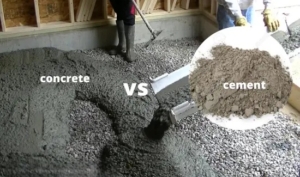Introduction of Cement vs Concrete
Cement and concrete are oftentimes used alternately, yet they are unquestionable materials with different manifestations, uses, and properties. Understanding the qualification among cement and concrete is central for anyone drew in with improvement, plan, or planning.
Importance and Relevance of Cement vs Concrete
Both cement and concrete accept basic parts in the advancement business, filling in as fundamental materials for designs, establishment, and various plans. While cement goes probably as a restricting subject matter expert, concrete is a composite material that incorporates cement as a crucial fixing close by sums and water.
PRECAST CONCRETE: A COMPREHENSIVE GUIDE
What is Cement?
Cement is a fine powder that fills in as the restricting expert in concrete. Made through a puzzling cycle incorporates warming limestone and various materials to high temperatures, achieving a thing known as clinker. This clinker is then ground into a fine powder, which is cement.
Composition of Cement
- Clinker: Key part conveyed from warming limestone and mud.
- Gypsum: Added during pounding to control setting time.
- Different Added substances: May be consolidated to work on express properties.
Types of Cement
- Portland Cement: Most typical sort, used in regular turn of events.
- Blended Cements: Mixes of Portland cement and various materials (e.g., fly garbage, slag).
- Specialty Cements: Planned for express applications like quick setting or high sulfate resistance.
Uses of Cement
- Limiting Subject matter expert: Ties aggregates (like sand and rock) together in concrete.
- Mortar: Used for workmanship work to tie blocks or stones.
- Change: Used in soil acclimation to deal with load-bearing cutoff.

What is Concrete?
Concrete is a composite material made from cement, sums (like sand and rock or crushed stone), water, and to a great extent admixtures. It is adaptable and solid, making it sensible for a broad assortment of improvement applications.
Composition of Concrete
- Cement: Confining expert that watches out for the mix.
- Sums: Give mass and strength (sand, rock, crushed stone).
- Water: Starts the substance reaction that cements the concrete.
- Admixtures: Added to adjust express properties like usefulness, setting time, or strength.
Types of Concrete
- Plain Concrete: Essential mix of cement, aggregates, and water.
- Upheld Concrete: Consolidates steel reinforcement bars (rebars) to redesign unbending nature.
- Prestressed Concrete: Pre-tensioned or introduce tensioned on lessen flexible weights.
- Lightweight Concrete: Contains lightweight aggregates for reduced thickness.
- First class Execution Concrete: Further developed strength, durability, and helpfulness characteristics.
Uses of Concrete
- Foundations and Footings: Gives stable bases to designs and plans.
- Pieces and Floors: Level surfaces in private, business, and current designs.
- Roads and Black-tops: Tough surfaces for transportation system.
- Fundamental Parts: Bars, areas, and walls in designs and platforms.
Differences Between Cement and Concrete
Composition
- Cement: Involves fundamentally of clinker, gypsum, and added substances.
- Concrete: Mix of cement, sums (sand, rock), water, and admixtures.
Properties
- Cement: Fine powder, answers with water to shape a paste that hardens.
- Concrete, solid areas for solid fitting for hidden applications.
Applications
- Cement: Used as a restricting expert in concrete, mortar, and various applications.
- Concrete: Used in a broad assortment of improvement projects as a design material.
Benefits of Concrete Over Cement
Concrete offers a couple of advantages over cement alone:
- Strength and Robustness: Concrete is more grounded and more solid on account of the joining of aggregates and genuine reestablishing.
- Adaptability: Concrete can be molded into different shapes and designs for various improvement needs.
- Monetary Efficiency: Concrete plans oftentimes need less help and have longer futures appeared differently in relation to less troublesome cement applications.
- Regular Impact: Suitably arranged concrete mixes can add to sensibility goals through predominant energy capability and reduced carbon impression.
Conclusion
Understanding the capability among cement and concrete is crucial for anyone related with advancement or building plan. Cement fills in as the restricting expert in concrete, which is an adaptable and extreme composite material used broadly in present day improvement projects. By appreciating their sytheses, properties, and specific purposes, advancement specialists can make informed decisions concerning material assurance and application, ensuring useful and strong errand results.
FAQs
What is the difference among cement and concrete?
Cement is a fine powder used as a restricting expert in concrete, while concrete is a composite material delivered utilizing cement, sums, water, and sometimes admixtures.
Could cement be used alone?
Cement is generally used as a restricting expert in concrete, mortar, and other improvement applications. It isn’t conventionally used alone there of psyche as a result of its confined strength.
Is concrete more grounded than cement?
To be sure, concrete is more grounded than cement alone. The extension of aggregates and authentic reestablishing processes on a very basic level overhauls concrete’s fortitude and solidness.
What measure of time in all actuality does concrete expect to set?
Concrete usually shows up at its most prominent strength in something like 28 days, disregarding the way that it continues to set and procure strength over a more broadened period.
What are a couple of typical reasons for concrete?
Concrete is used in foundations, floors, roads, ranges, and a combination of other advancement applications due to its fortitude, strength, and adaptability.
